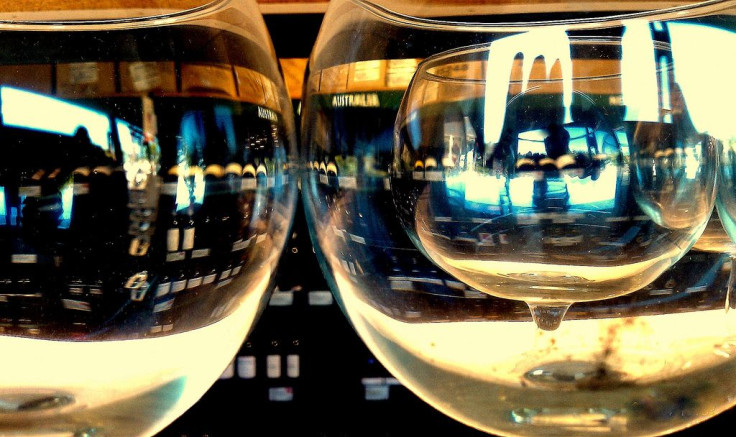Cheap Wine Tastes Better When It's Believed To Be Expensive; The Power Of Placebo Marketing On The Brain

Cheap wine: the go-to alcohol for sophistication on a budget. Whether it’s the lovely brew that comes in a box or the discounted bottle at the grocery store, sometimes wine is a necessity even when we can’t afford it. But even the desperation of our cravings cannot make cheap wine taste good, no matter how many different methods we try to make it more appealing. Can wine actually be enjoyed if it is not pricey or are we doomed to a fate of excess drinking, in hopes that maybe intoxication will make it more bearable?
A new study in the Journal of Marketing Research suggests that the actual taste of inexpensive wine is not the problem, but the label cheap. Thanks to the classic placebo effect, we have a tendency to enjoy wine (as well as other products) more when we think they’re expensive. This conditioned response to enjoy expensive foods and drinks over their more affordable counterparts is so strong that it can actually alter the chemistry of our brain.
“Studies have shown that people enjoy identical products such as wine or chocolate more if they have a higher price tag,” said author Hilke Plassmann of INSEAD, in a recent press release. “However, almost no research has examined the neutral and psychological processes required for such marketing placebo effects to occur.”
Plassmann and her colleague Bernd Weber of the University of Bonn conducted two separate studies, one involving wine and another involving milkshakes. In the wine study, participants were told that they would sample five different wines with five different price tags ($90, $45, $35, $10, $5) while researchers scanned their brain activity using an MRI. Participants were actually only given three different types of wine with two different price tags.
Within the milkshake study, researchers toyed around with other types of labels not associated with price, but often affecting perceptions of taste. Participants in one group were given milkshakes either said to be organic or regular, while participants in another group were given milkshakes said to be regular or light. “Light” was specifically used because of its frequent association with lack of taste, while “organic” was used because of the frequent positive response it generates.
Researchers found that “price and taste prejudices” played a significant role in participants’ experience, both in how they rated taste, and in brain activity. The MRI specifically honed in on areas of the brain known as the site of personality differences in people. Plassmann and Weber discovered that certain personality traits were more susceptible to prejudices affecting tasting experiences; those who tend to seek rewards in life, as well as those who had little self-awareness were especially affected by the expensive/cheap binary.
“Understanding the underlying mechanisms of placebo effect provides marketers with powerful tools. Marketing actions can change the very biological processes underlying a purchasing decision, making the effect very powerful indeed,” noted the authors.
While this study is an advertiser's dream, let’s hope those in charge of marketing use their powers for good; I’m not looking to pay $90 for a $10 Pinot. On the contrary, insight into how placebos can change brain chemistry may prove positive for consumers after all. With some crafty marketing, companies may be able to make even the most unappealing health foods more palatable.
Source: Plassmann H, Weber B, et al. Individual Differences in Marketing Placebo Effects: Evidence from Brain Imaging and Behavioral Experiments. Journal of Marketing Research. 2015.
Published by Medicaldaily.com



























